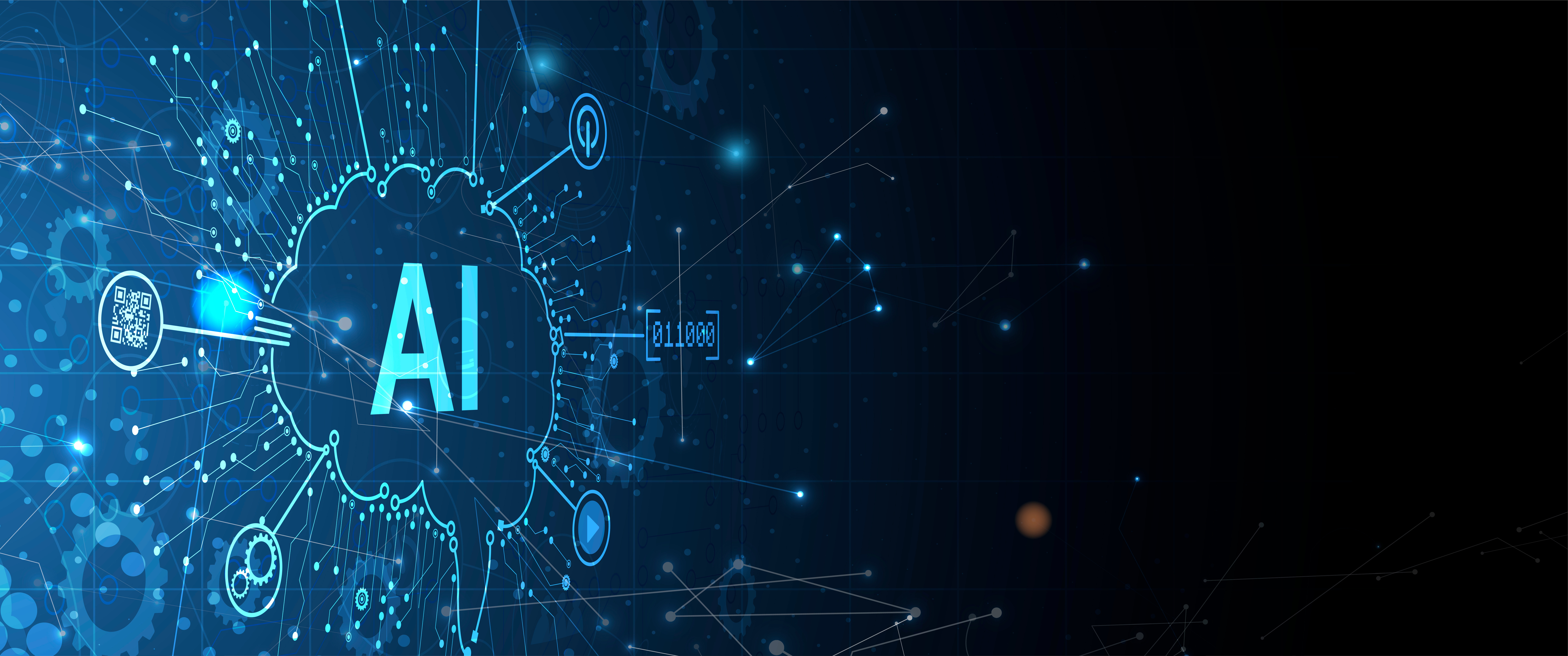Launched in Fall 2020, the Extensiv Supply Chain Scholarship aims to foster the talent that will drive the future of our industry. Now in its fourth year, the Extensiv scholarship program hopes to inspire fresh ideas and voices in logistics and the supply chain.
Now, we present Favour Irek of the University of Arizona, the Fall 2023 Extensiv Supply Chain Scholarship winner, and her essay sharing her perspective on the disruptive force of artificial intelligence (AI) and machine learning (ML) technology in logistics and supply chain operations.
Supply chain management has undergone rapid changes and advancements over the past few decades. Technologies like RFID tags, GPS tracking, cloud-based supply chain software, and predictive analytics have streamlined operations, improved visibility, and enabled data-driven decision making across global supply chains (Schrauf & Berttram, 2022).
However, as the world grows increasingly complex, interconnected, and vulnerable to disruptions, even greater innovations will be needed. I believe one of the most promising areas for the next big advancement in supply chain management is artificial intelligence (AI) and machine learning.
AI and machine learning have massive potential to transform supply chain planning, forecasting, logistics, and risk management. By analyzing massive sets of data from across the supply chain, AI systems can detect patterns and make predictions far more accurately than humans (Ivanov, 2021).
This could significantly improve demand forecasting, inventory management, and production planning. For example, Walmart is using AI to forecast demand and optimize inventory for over 100 million SKUs at any given time, leading to estimated annual savings of over $57 million (CBInsights, 2019).
Machine learning algorithms can also continuously improve over time as they process more data. This "self-learning" capability makes AI systems highly adaptable to changes in the supply chain environment.
In logistics, AI and machine learning are enabling optimization of distribution networks, shipping routes, and delivery schedules to improve efficiency and cut costs.
For instance, Amazon is using AI to optimize the routing of its delivery trucks, reducing mileage by 20 million miles per year (Bose, 2018). AI can also analyze traffic patterns, weather data, and other variables to dynamically adapt routes and staffing in real-time. This could minimize late deliveries and missed deadlines.
Additionally, AI-powered warehouse robots are gaining traction. These robots can efficiently pick, pack, and sort inventory 24/7 with minimal errors (McCrea, 2019).
When disruptions hit, AI's pattern recognition capabilities can help supply chain managers anticipate potential impacts and proactively mitigate risks. By analyzing news reports, social data, and global events, AI can provide early warning signs of potential supplier failures, transportation interruptions, labor unrest, trade disputes, and even geopolitical conflicts (Deloitte, 2020). This gives organizations invaluable time to make contingency plans.
Machine learning algorithms can also run simulations using various disruption scenarios to identify the most effective response strategies. Overall, AI's quick predictive insights will be crucial for building supply chain resilience.
However, there are challenges to overcome in fully leveraging AI and machine learning. Massive amounts of quality data are required to train AI models. Many organizations will need to integrate siloed data sources, clean data, and invest in analytics tools (Schrauf & Berttram, 2022).
There are also cybersecurity risks given the sensitive data involved. Ethical risks around AI must be carefully managed as well. Extensive testing will be critical to ensure the AI behaves as intended before full deployment.
Change management concerns will also arise, as workers may fear being replaced by AI. Proper training and communication around how AI can augment human capabilities will be important.
In conclusion, AI and machine learning have immense disruptive potential to enhance decision-making, optimize operations, and build resilience across global supply chains. To capitalize on these emerging supply chain technologies, organizations must invest in integrated data platforms, skilled talent, thoughtful change management, and responsible AI practices.
If implemented successfully, I believe an AI-driven supply chain could be far more predictive, efficient, and responsive to the complexities of today's world. This can translate into substantial cost savings, less waste, happier customers, and stronger competitive advantage. The supply chain innovations artificial intelligence enables will likely be the most impactful advancement in global logistics for decades to come.
References
Bose, P. R. (2018). Amazon Using Artificial Intelligence and Machine Learning for Shipping. Inc42. https://inc42.com/buzz/amazon-artificial-intelligence/
CBInsights. (2019). 30 Ways Walmart Is Using AI, Robots, and Big Data To Improve Nearly Every Aspect Of Its Business. CBInsights Research Briefs. https://www.cbinsights.com/research/walmart-artificial-intelligence-robotics/
Deloitte. (2020). Using AI to enhance supply chain resilience. Deloitte Insights. https://www2.deloitte.com/us/en/insights/focus/tech-trends/2020/using-ai-in-supply-chain-management.html
Ivanov, D. (2021). Artificial Intelligence and Machine Learning Applications in Supply Chains. IEEE Engineering Management Review, 49(3), 67-77.
McCrea, B. (2019). Warehouse robotics grow up. Logistics Management. https://www.logisticsmgmt.com/article/warehouse_robotics_grow_up
Schrauf, S., & Berttram, P. (2022). How AI can strengthen supply chains. Harvard Business Review. https://hbr.org/2022/05/how-ai-can-strengthen-supply-chains
-
You’ll read about:
Be the first to know
Subscribe to our newsletter





